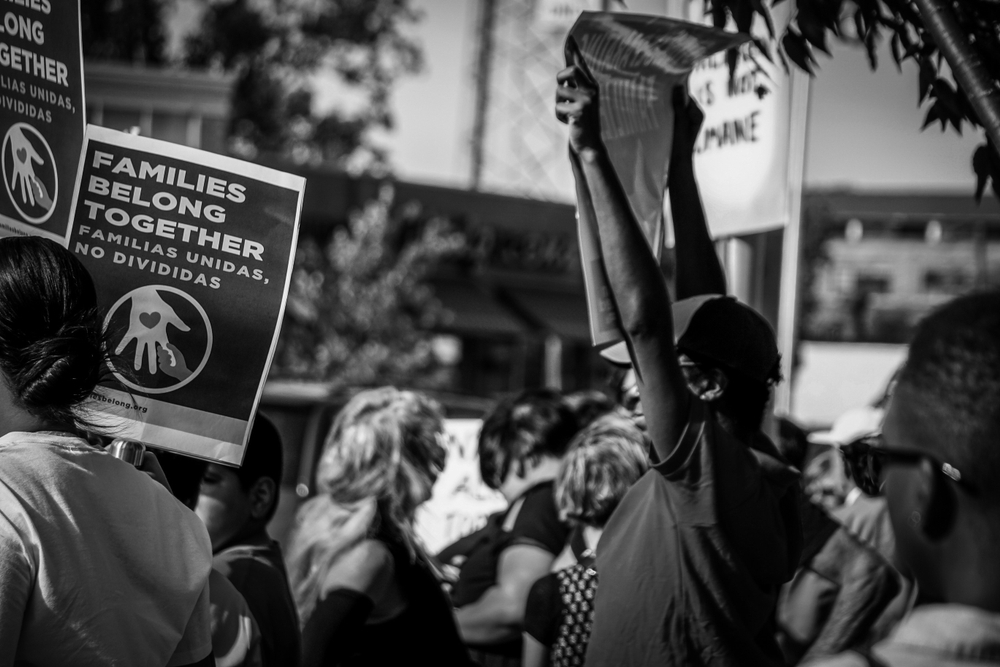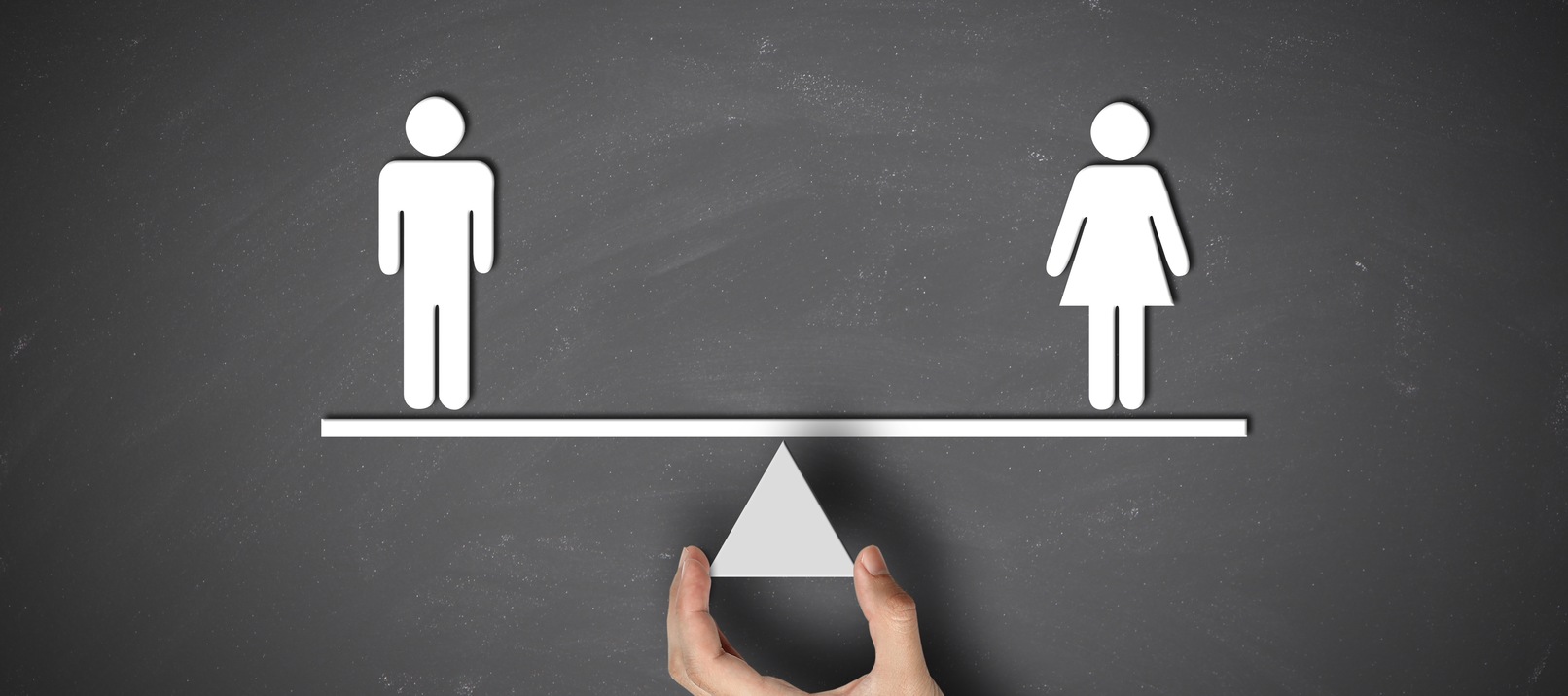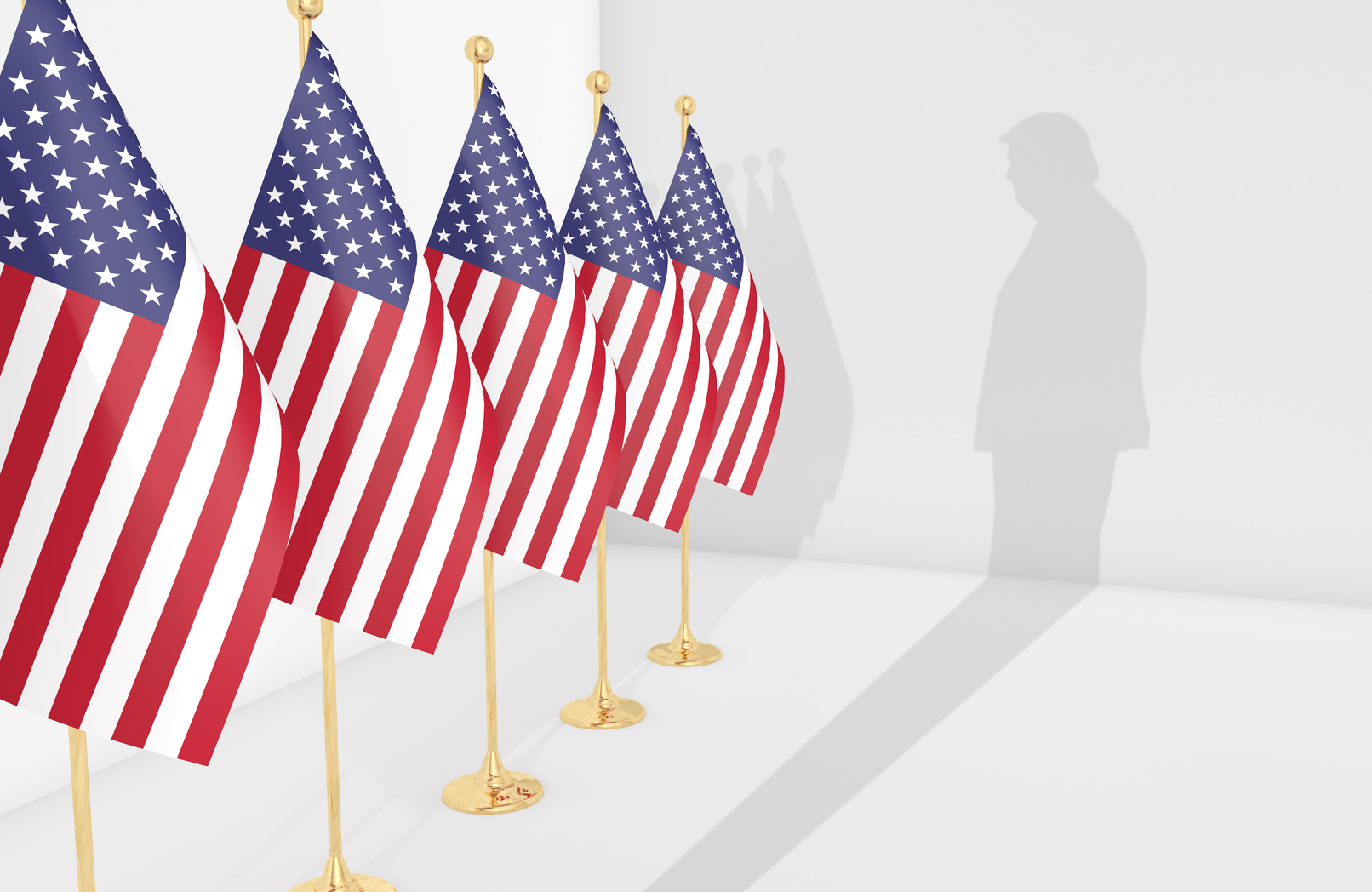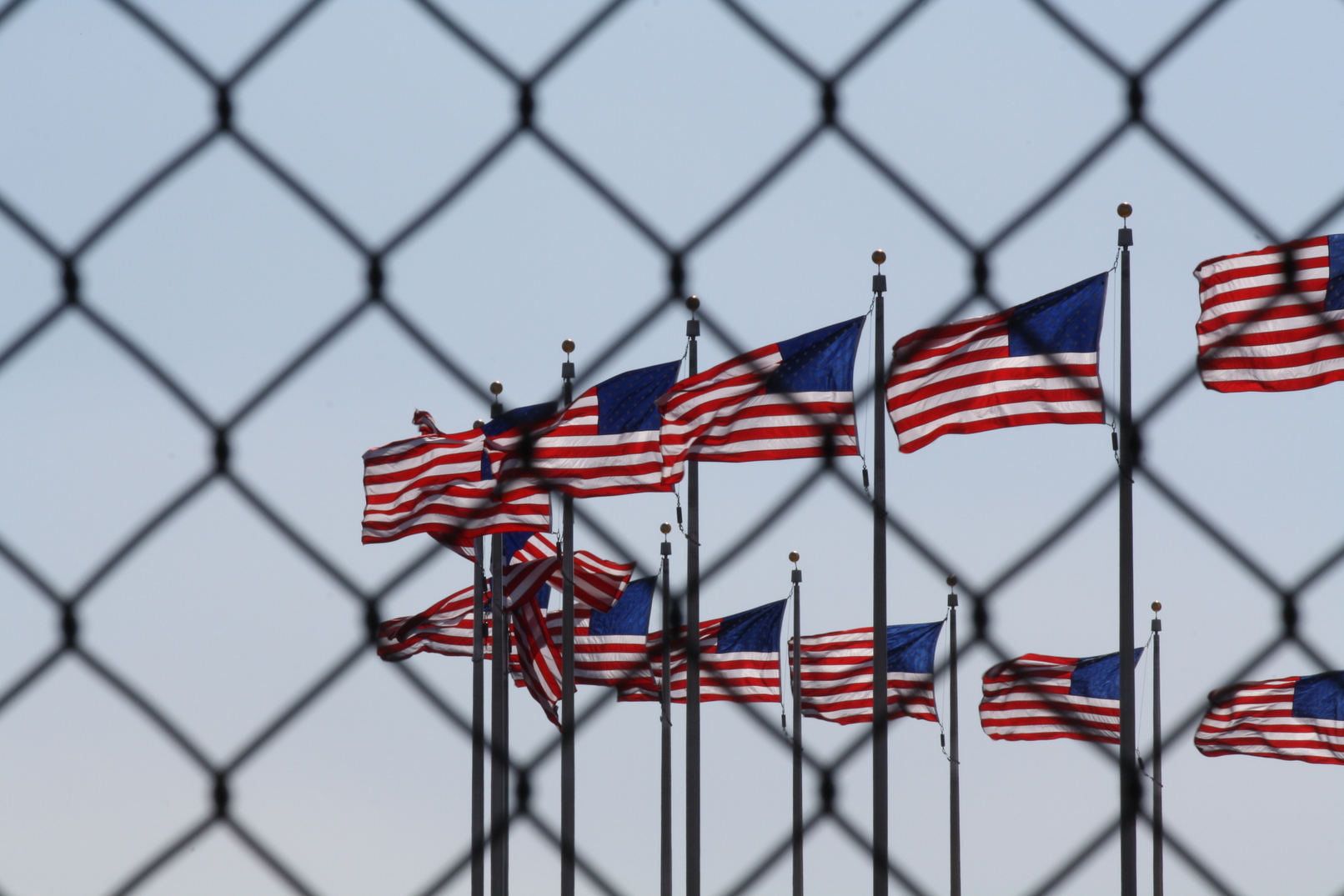In a joint status report filed last week, the Department of Justice provided its most detailed figures to date regarding the status of migrant children who were separated from their parents at the border this year under the Trump administration's "zero tolerance" policy, stating that 24 children under the age of 5 remain separated. Under the policy, the administration separated more than 2,600 children from their parents, and reports that over 360 parents who are still separated are outside the country, with many having been deported without their children.
From August 21 to September 9, inmates across at least 17 states plan to refuse to work to draw attention to poor prison conditions and exploitative labor practices in American correctional facilities.
Colorado baker Jack Phillips, who won a decision before the U.S. Supreme Court in June, is suing again following his refusal to bake a cake to celebrate a gender transition. His refusal resulted in a probable cause finding by the Colorado Civil Rights Commission that he had violated Colorado’s public accommodations law.…
A class action lawsuit has been filed against Nike by four female employees who worked in the company’s corporate headquarters which claim violations of the Equal Pay Act. The lawsuit further claims Nike ignored rampant sexual harassment in the company.
Last week a San Francisco jury awarded former school groundskeeper Dewayne Lee Johnson more than $289 million in his lawsuit against agrochemical giant Monsanto for failing to warn consumers that exposure to Roundup weed killer causes cancer.
On Friday, the law firm representing the Democratic National Committee (DNC) served WikiLeaks with a lawsuit via Twitter. Cohen Milstein Sellers & Toll set up a Twitter account this month and has so far delivered this single tweet with service of process to WikiLeaks.
Federal District Court judge, Dabney Friedrich, appointed by President Trump, issued an opinion today denying a motion intended to upend the Mueller investigation by questioning its legitimacy.
Judge Emmet G. Sullivan of the US District Court for the District of Columbia halted the deportation in progress of a mother and daughter this week, and threatened to hold Attorney General Jeff Sessions in contempt due to the fact that court proceedings appealing their deportation were in progress. An attorney for the ACLU, which filed a lawsuit on August 7, 2018 challenging the Department of Justice's recent policy change that aims to fast track the removal of asylum seekers who do not pass their credible fear interviews, and eliminates gang and domestic violence as grounds for seeking asylum in the US, received a notice in the middle of a hearing on the case before Judge Sullivan that the mother and daughter were on a deportation flight to El Salvador.
A lawsuit has been filed against an Ohio judge for rejecting the requests of transgender teens for changing their names to match their gender identities. The plaintiffs, who are the mothers of three transgender teens, claim that Judge Joseph Kirby’s rulings denying the name-change requests may violate the adolescents' constitutional rights. All of the teens have full support from their doctors and are going through therapy and medical treatment for their gender dysphoria.
On Monday, August 6, 2018, YouTube removed Alex Jones's YouTube channel citing violations of YouTube's Terms of Service and Community Guidelines.










